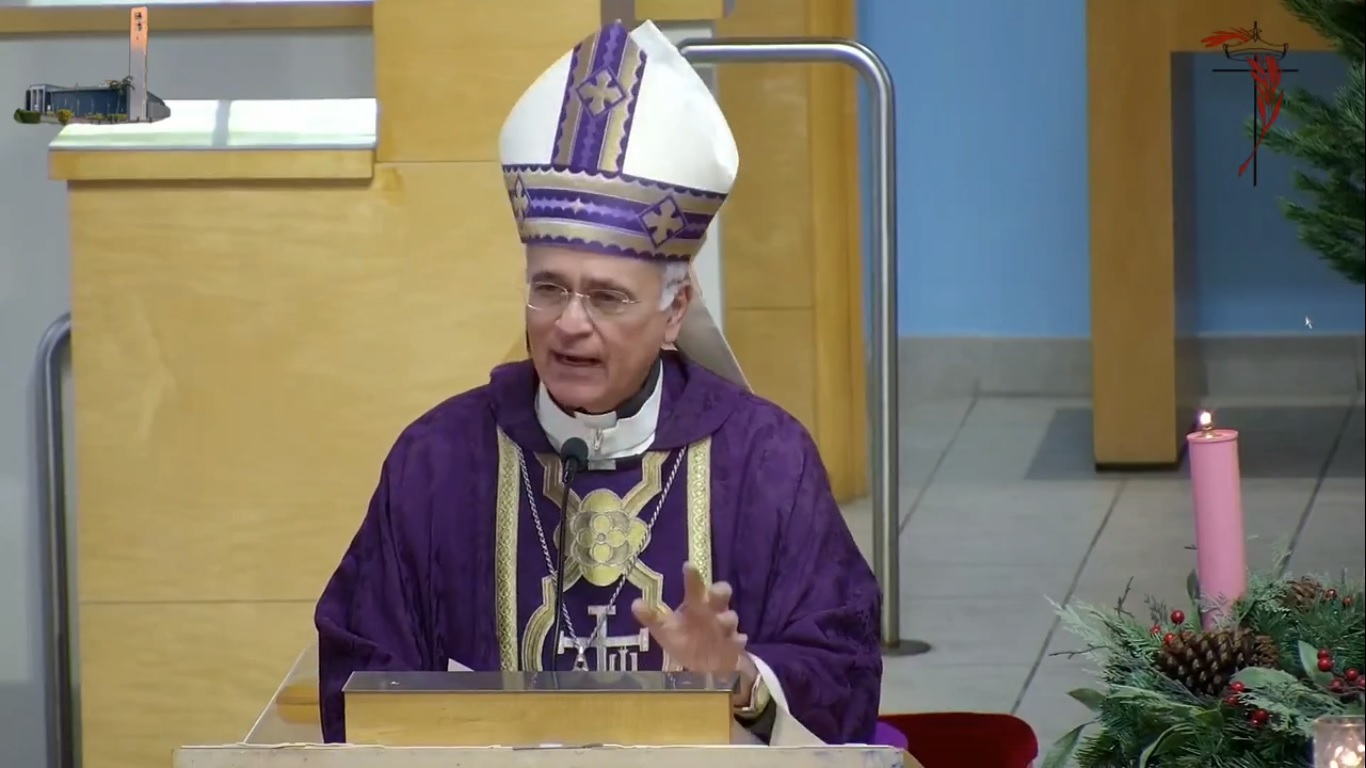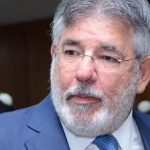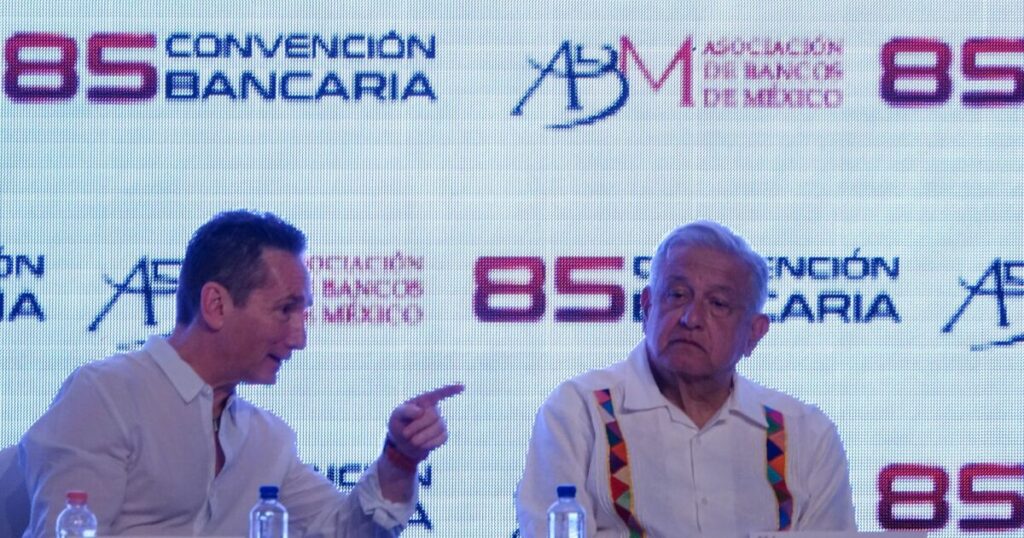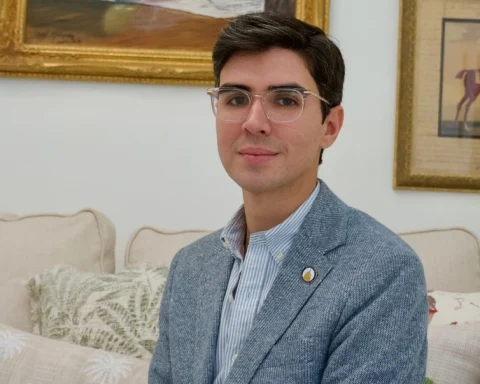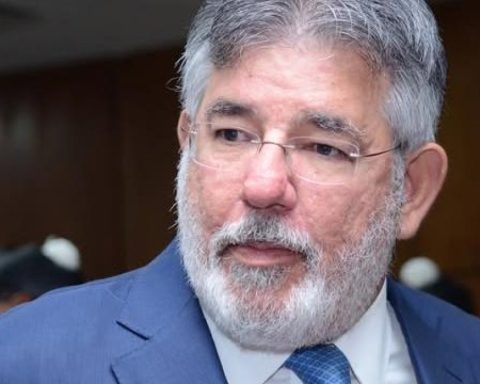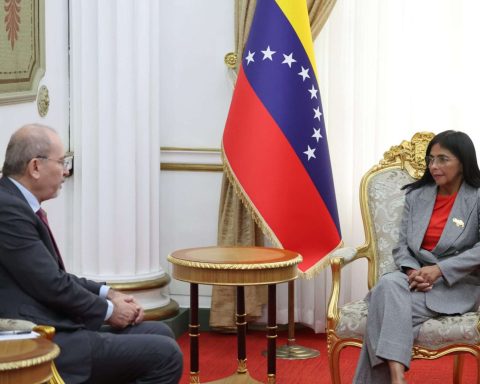“There is no authentic social liberation when we reproduce the old oppressive structures,” said the auxiliary bishop of Managua, Monsignor Silvio Baezduring his homily this Sunday, March 12.
In the Mass celebrated at Saint Agatha Church in Miami, United States, The monsignor pointed out that “believing” leaders “should let themselves be enlightened by God to guide and serve the people,” rid themselves of ambitions and rivalries, and be responsible.
The message was sent by reflecting on the passage of the Israelites through the desert, comparing what Israel experienced with the oppressed peoples today.
“The thirsty Israelites in the desert had forgotten the great works of God in bringing them out of Egypt and came to doubt the good will of God and of Moses,” Báez said.
In such a way that the current oppressed peoples could also “lose perspective”, doubt and even think that everything has been “useless”.
“Moses tells God that the people were about to stone him. But how? Is not this the people freed from the slavery of Pharaoh? Hadn’t Pharaoh, one of the “guarango” tyrants of antiquity, a forerunner of the “guarango” tyrants and criminals of today, been left behind?”, questioned the monsignor, using the Argentinian colloquial term that Pope Francis used to describe the regime by Daniel Ortega.
Related news: Pope Francis sees an “imbalance” in Daniel Ortega
He explained that the internal violence that the Israelites carried at that time made them slaves on the inside because they had learned, without realizing it, from Pharaoh.
Therefore, “it is not enough to free oneself from Pharaoh,” said the exiled bishop.
Related news: Báez: Nicaraguans thank Pope Francis for “his courageous voice” in the face of the Ortega dictatorship
“We want a free country, let’s learn from now on to be responsible. There is no freedom without responsibility. We will never be free if we are slaves to ambitions, lies, rivalries and aggressiveness. You have to be responsible. We will not be free as long as we carry Pharaoh inside,” he maintained.
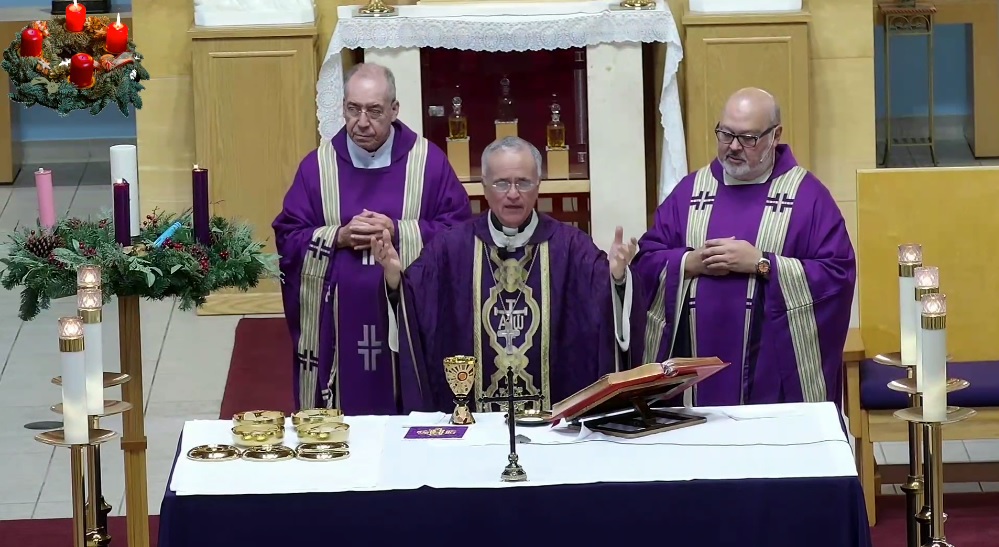
«A good leader does not get upset when faced with criticism, never restricts freedoms to avoid being criticized, nor does he repress or retaliate or force everyone to think and express themselves in the same way. And an authentic leader does not break in the face of problems, he continues by the side of the people, “added Báez.
He ended the homily by inviting citizens and leaders not to give up in the face of difficulties, seek the common good, seek humble dialogue, unity, and maintain hope.
